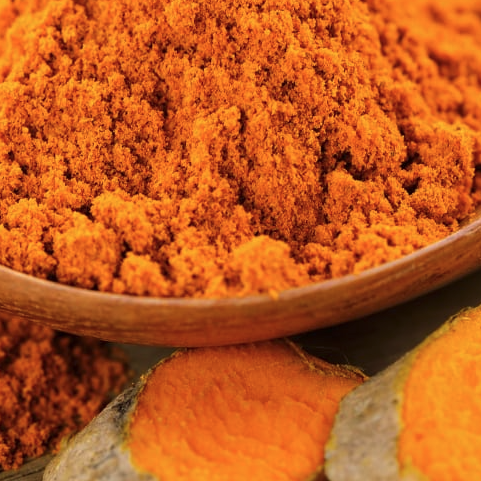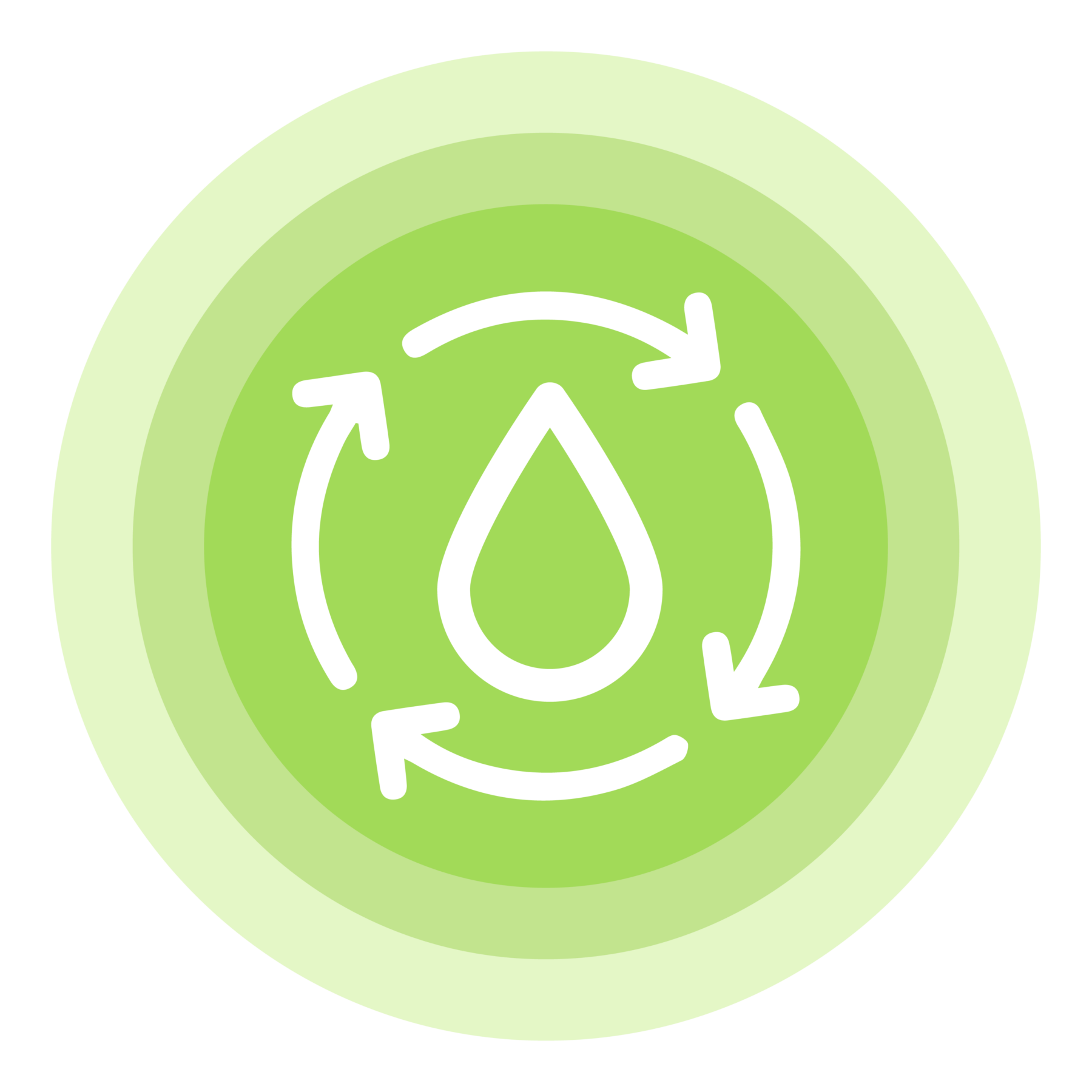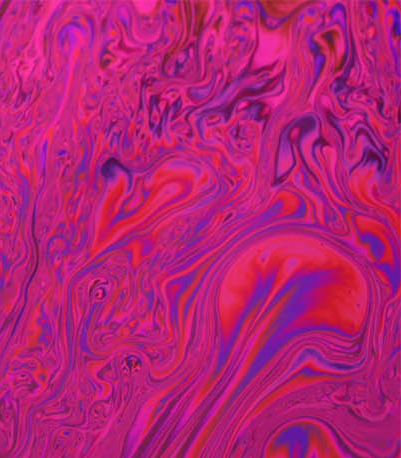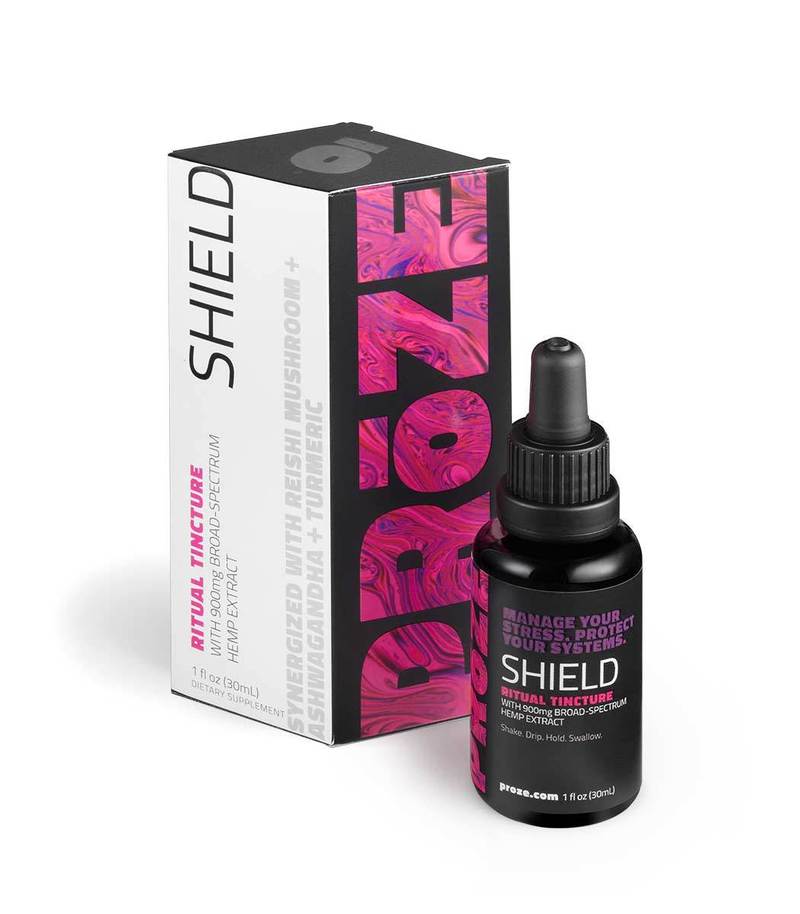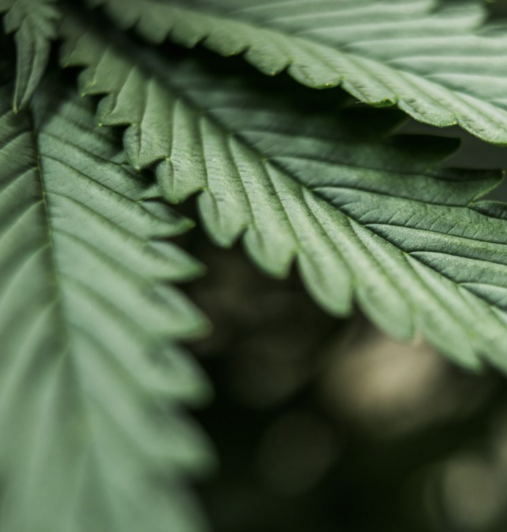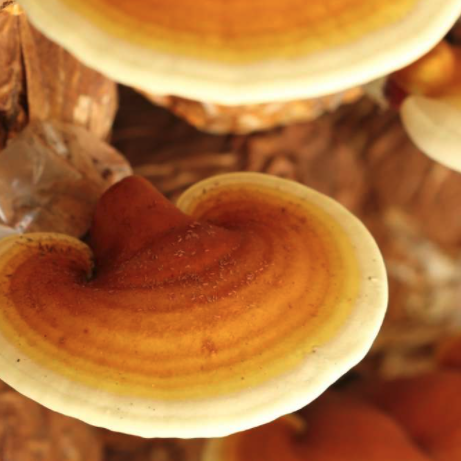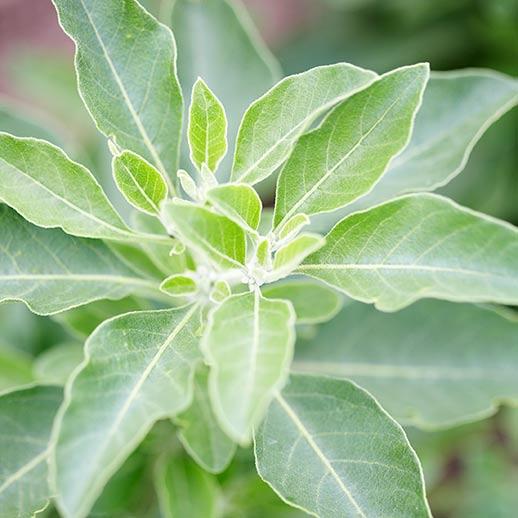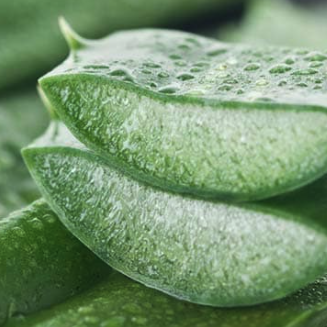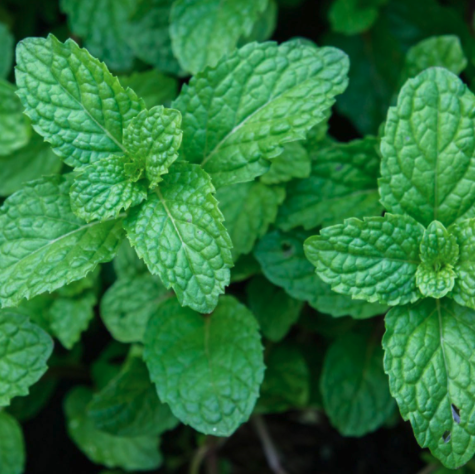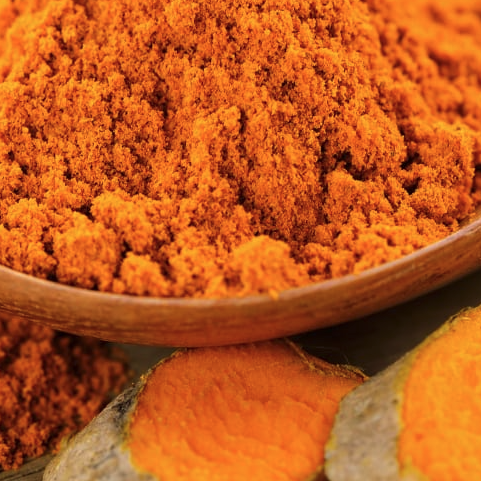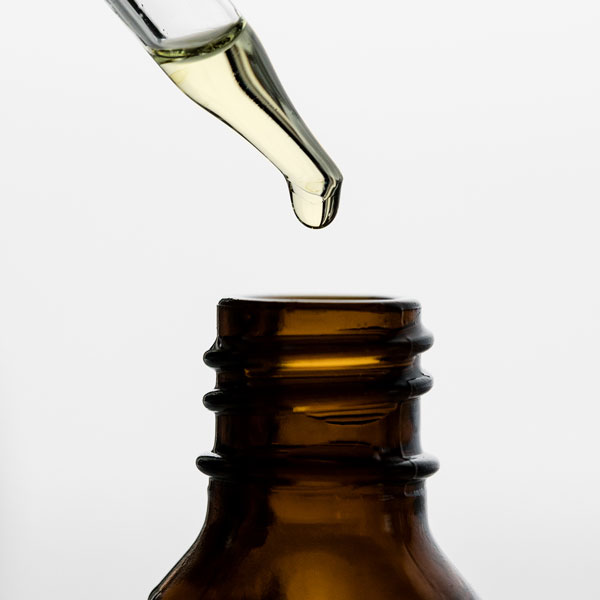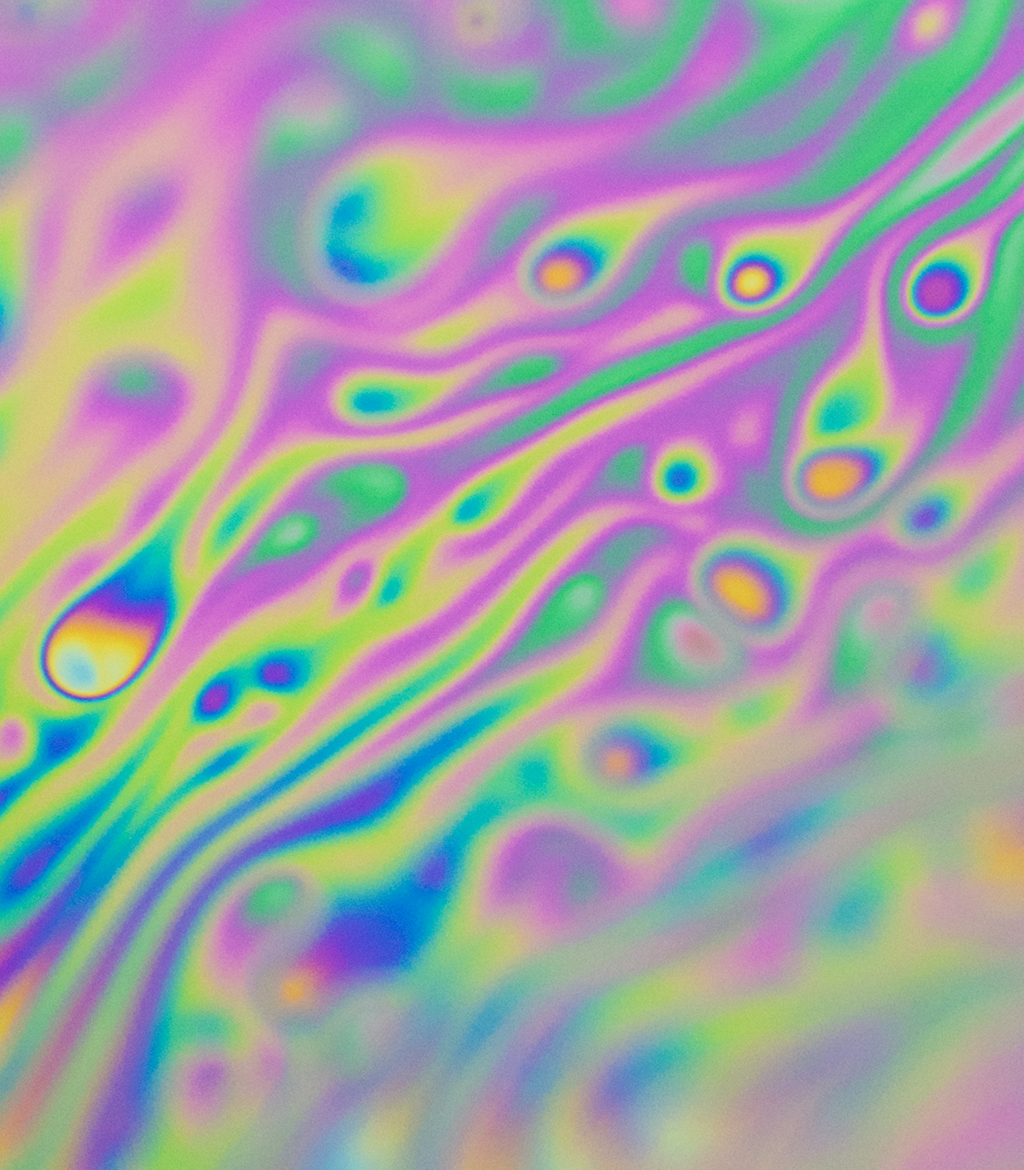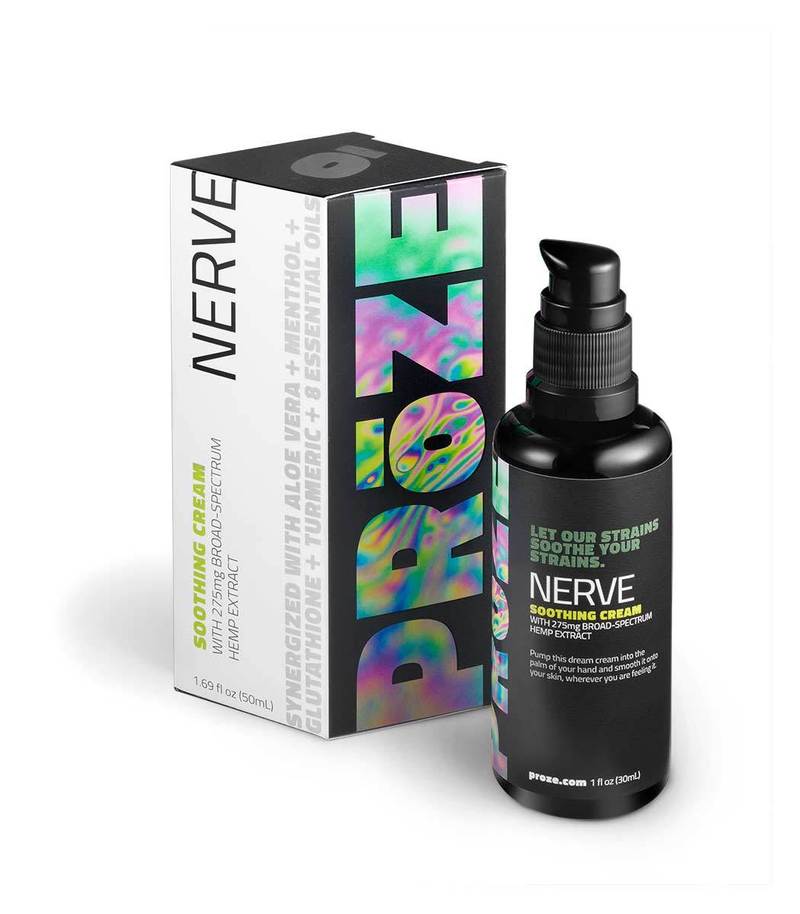Turmeric is a spice that is commonly used in cooking, particularly in Indian and Middle Eastern cuisine. It is made from the dried root of the turmeric plant and has a bright yellow color and a warm, slightly bitter flavor. Turmeric has a long history of use in traditional medicine, particularly in Ayurveda, a traditional system of medicine that originated in India.
Turmeric has immune-boosting properties and is used for strengthening the immune system. Turmeric also has anti-inflammatory properties and may be effective at reducing inflammation in the body. Chronic inflammation can weaken the immune system and increase the risk of certain diseases.
Additionally, studies have shown that turmeric may increase the production of immune cells called T cells, which play a key role in the immune system’s ability to fight off infections.
When applied topically, turmeric helps to reduce inflammation and pain in the skin. Turmeric contains compounds called curcuminoids, the most well-known of which is curcumin. Curcumin has been shown to have anti-inflammatory properties and may be effective in reducing inflammation in the skin.
Inflammation in the body can constrict blood vessels and decrease blood flow. By reducing inflammation, turmeric may help to improve circulation by allowing blood to flow more freely.
Improved circulation can help to deliver oxygen and nutrients to the skin and may help to improve the overall health and appearance of the skin. It is not clear exactly how turmeric may help to enhance circulation when applied topically, but it is thought that its anti-inflammatory properties may play a role.
Turmeric may also have antioxidant properties when applied topically. Antioxidants can help to protect the skin from damage caused by free radicals, which are unstable molecules that can cause damage to cells and are thought to be a factor in the development of various diseases.
In addition to its potential anti-inflammatory and antioxidant properties, turmeric may also have antimicrobial properties, meaning it may be effective at killing or inhibiting the growth of bacteria and other microorganisms on the skin. This could make it useful for preventing or treating certain skin conditions, such as acne.




